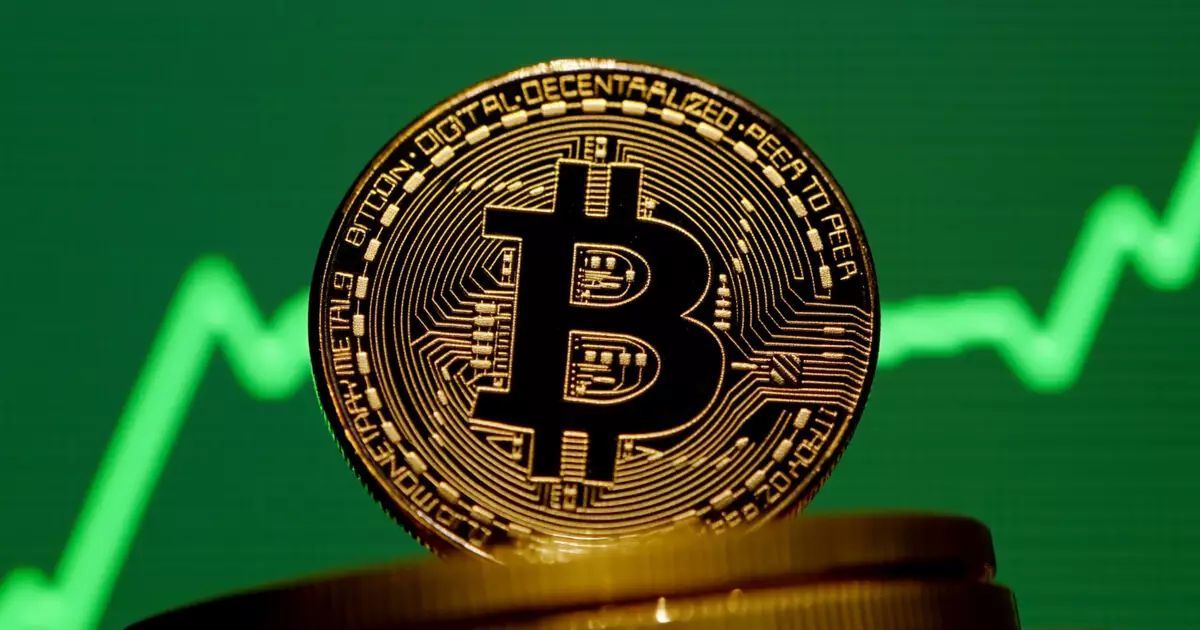In a recent discussion on Fox Business, Howard Lutnick, the CEO of Cantor Fitzgerald, addressed the regulatory landscape surrounding Bitcoin, urging authorities to classify it similarly to traditional commodities like gold and oil. His remarks highlight a critical gap in understanding from the regulatory body, which has significant implications for the burgeoning digital asset market. The failure to adapt regulations to this new financial paradigm could stifle growth, innovation, and investor confidence in Bitcoin and other cryptocurrencies.
Lutnick’s criticism of regulators underscores a widespread sentiment within the industry: lawmakers often lack a comprehensive understanding of cryptocurrency. This oversight can lead to inadequate regulatory frameworks that do more harm than good. He emphasized that the regulators’ current approach seems fraught with platitudes rather than actionable insights. This disconnect raises important questions about the effectiveness of existing financial oversight and the need for a more informed approach to digital currencies.
While the SEC Chairman Gary Gensler has designated Bitcoin as a commodity, this classification has yet to yield the same level of regulatory acceptance that commodities such as gold and oil enjoy. Lutnick argues that such recognition is crucial if Bitcoin is to reach its full potential. The regulatory uncertainty surrounding digital assets poses a barrier to institutional investment and broader market participation.
Cantor Fitzgerald’s announcement of a $2 billion financing service for Bitcoin is a pivotal step toward bridging the gap between traditional finance and the cryptocurrency world. This service aims to provide leveraging options that will empower existing and prospective investors, thus unlocking Bitcoin’s full potential. Lutnick insists that traditional financial institutions are eager to engage with Bitcoin, yet current restrictions—such as those requiring banks to hold capital reserves equivalent to their Bitcoin holdings—act as significant deterrents.
These limitations hinder the ability of banks to act as custodians and reliable partners in the cryptocurrency space. Neutralizing such barriers could fundamentally alter financial landscapes, stimulating innovative solutions and fostering broader acceptance of digital assets. Lutnick’s optimism, suggesting that major financial institutions will be adequately equipped to transact and custody Bitcoin within the next five years, illustrates the potential for rapid changes in the sector.
As the demand for cryptocurrencies continues to surge, the necessity for robust yet adaptable regulatory frameworks becomes increasingly critical. Lutnick’s call for a transformative understanding of Bitcoin and its classification as a commodity could signal a turning point in regulatory practices. Embracing a forward-thinking approach is essential not only for the future of Bitcoin but for the entire ecosystem of digital assets.
As traditional finance begins to recognize the potential of Bitcoin and other cryptocurrencies, an informed regulatory landscape will be key to harmonizing traditional and contemporary financial mechanisms. The conversation ignited by Lutnick serves as a catalyst for a broader shift toward innovation and institutional investment in the crypto space, potentially heralding a new era of digital finance.

